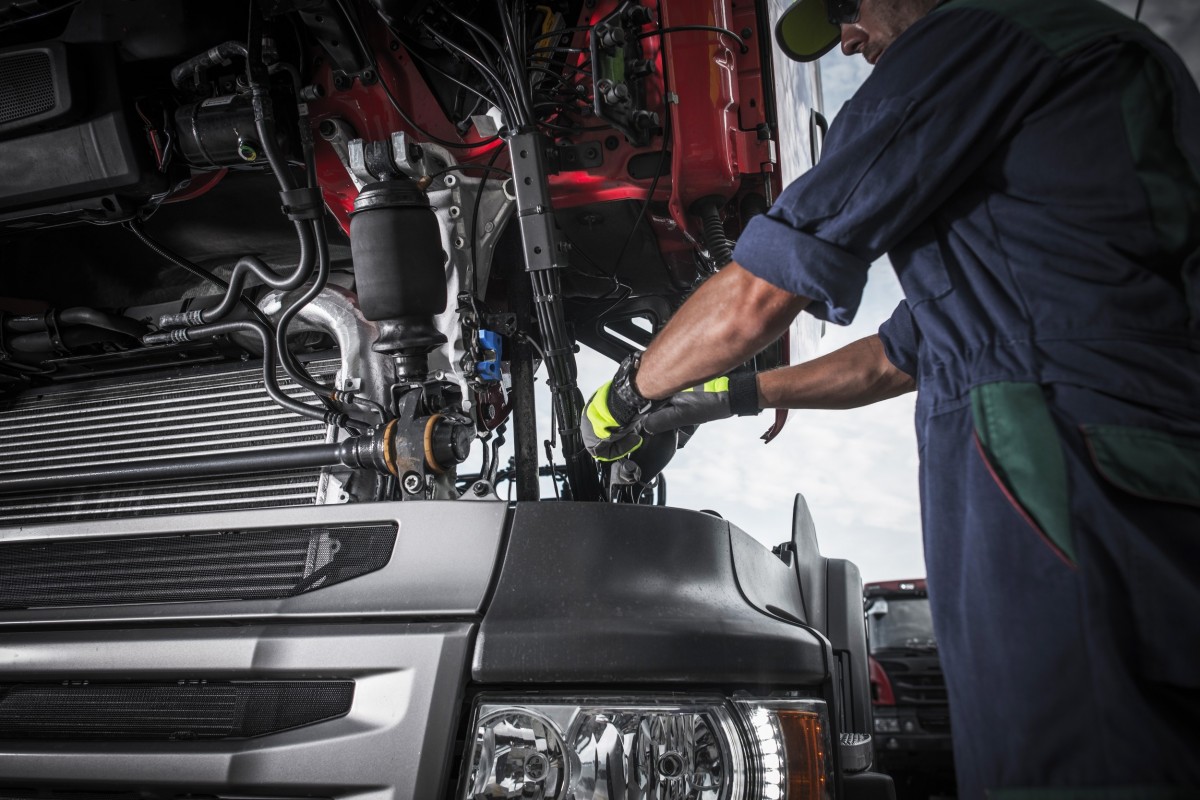
At Nick's Auto Service in Anderson, IN, we understand that maintenance is the difference between a truck that makes it to the million-mile mark and a truck that doesn’t come close. Here are some tips to keep your truck in shape for many miles to come.
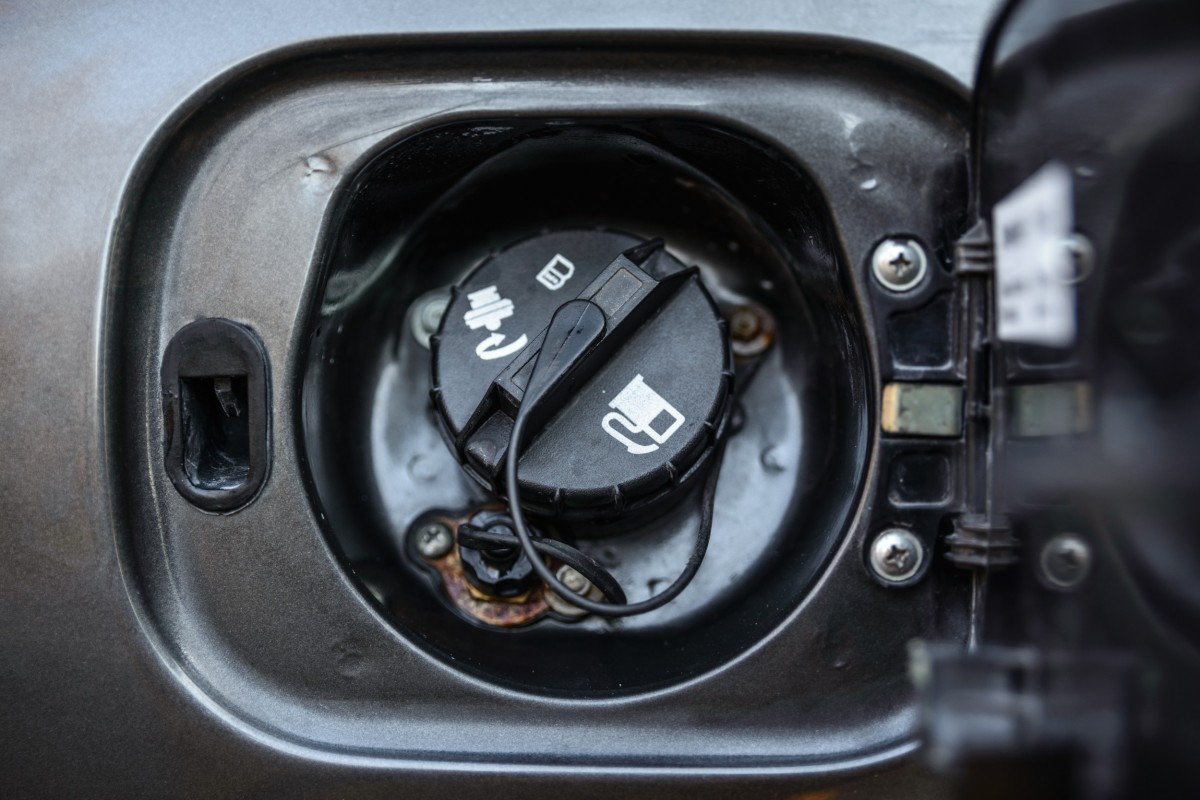
At Nick's Auto Service in Anderson, we know that some of the most elusive issues with any car, truck, or SUV are often caused by the simplest of malfunctions. While you might consider a gas cap fairly innocuous, it can actually malfunction too, prompting a check engine light on your dashboard.
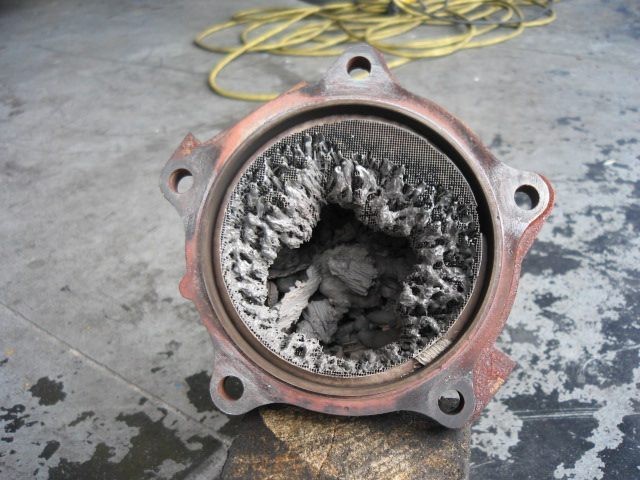
Regular maintenance checks of your vehicle will help you avoid a catalytic converter that looks like this resulting in large repair costs which is what our team here at Nick's Auto Service in Anderson want to avoid at all costs! We feel that every customer has a need to know what repairs are in their future and exactly how to budget for them if need be so we check your vehicle thoroughly and keep you informed.
There are several indicators that your catalytic converter isn't functioning at maximum capacity such as:
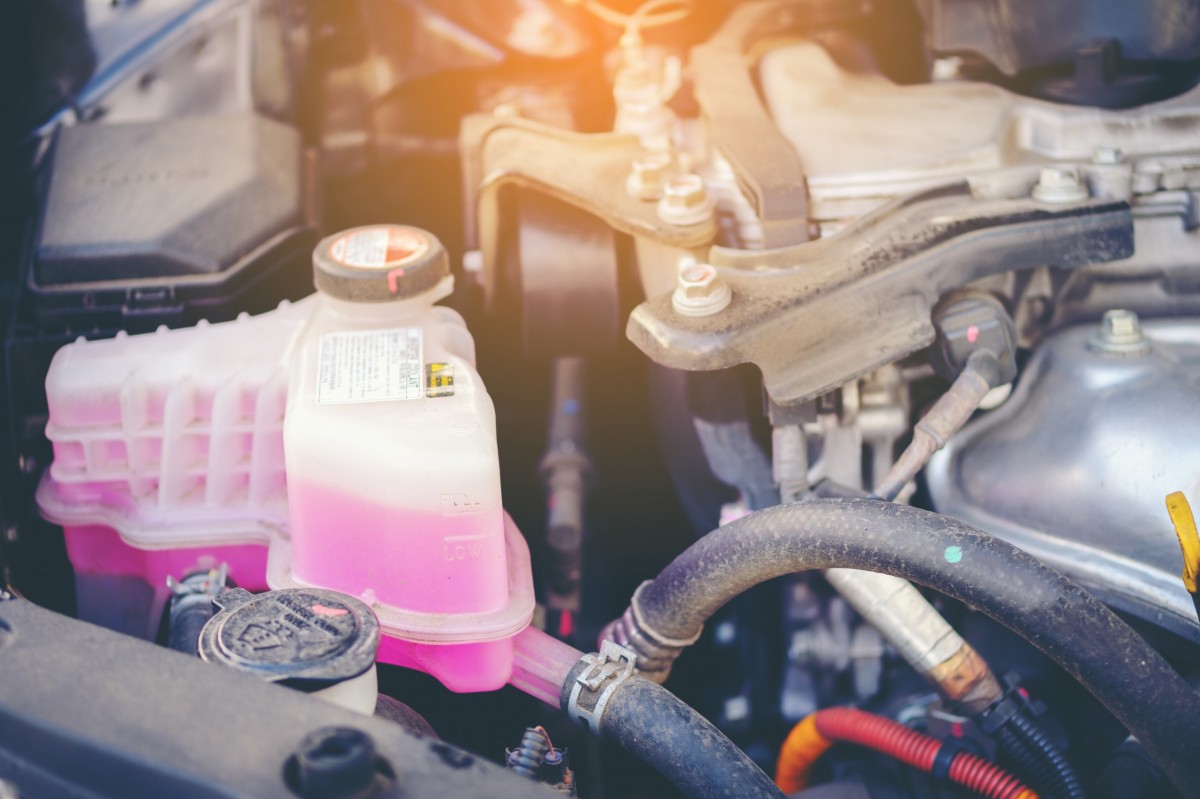
Routine maintenance keeps your fleet trucks safe on the road and protects you against unplanned trips to your local automotive shop! One thing a lot of people forget about is to have their coolant flushed. Nick's Auto Service in Anderson, IN will help you make sure your fleet vehicle is properly flushed every time!

Nearly every day, you drive your vehicle. Whether it be a couple of miles to the store or a full-on road trip across the nation, you want to make sure that your vehicle is safe to drive and the systems are in check and/or up-to-date. Here are a few reminders to check and see if your vehicle is running in top shape.
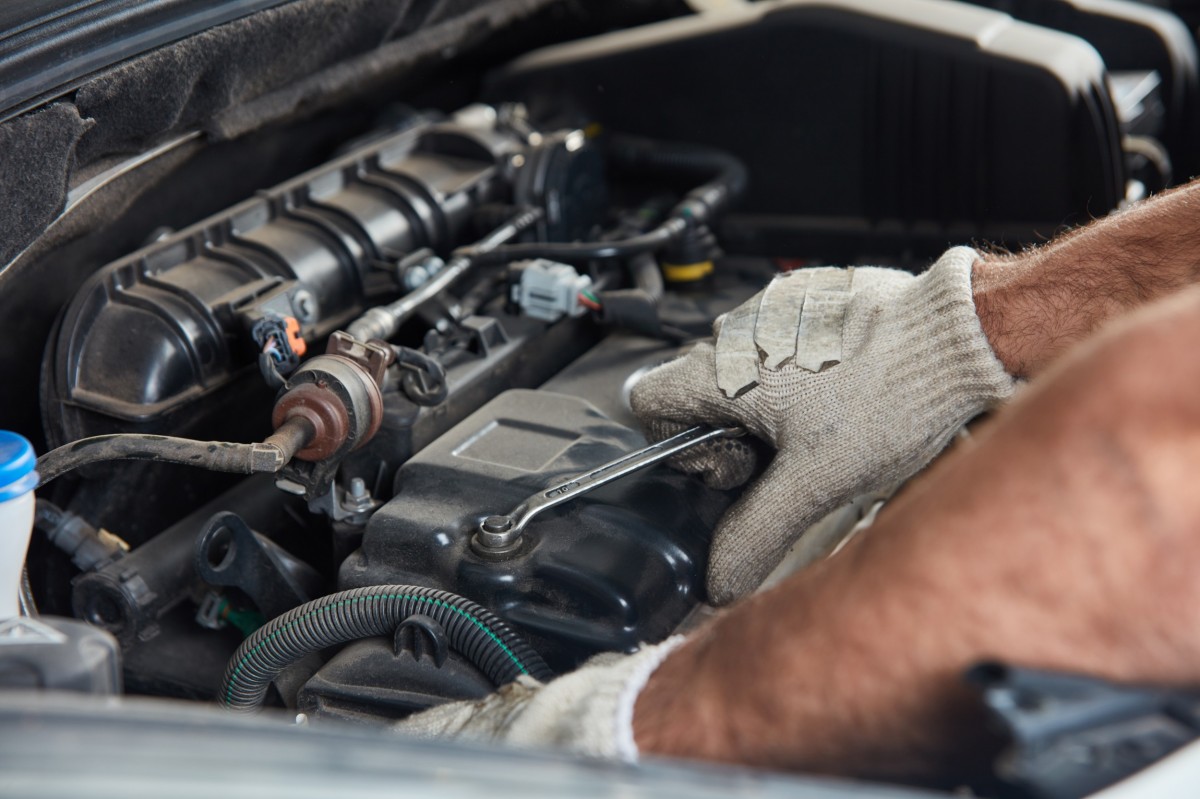
Commercial trucks have heavy engines, and they spend a lot of time running, particularly at idle. As a result, the mounts that secure the engine to chassis of the truck have a tendency to wear out, causing all sorts of shaking and vibration that the driver will feel in the cab of the truck. At Nick's Auto Service in Anderson, we can take care of that for you.
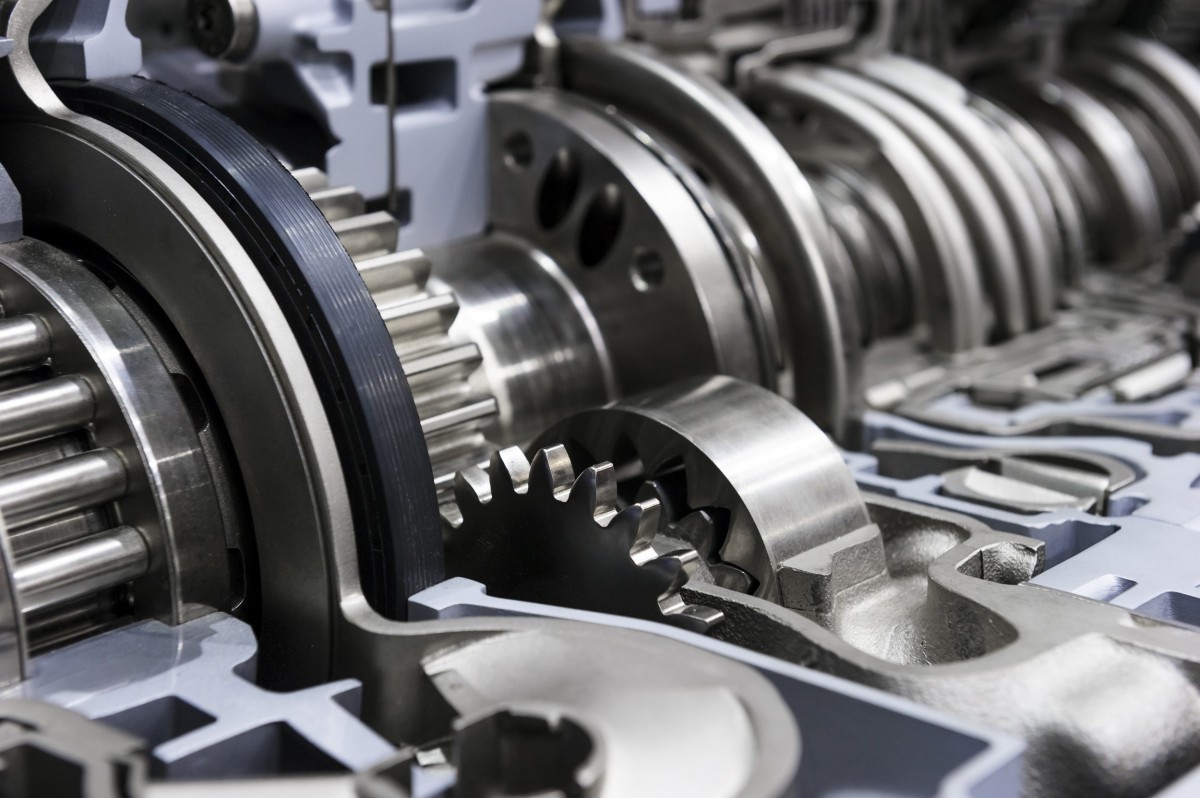 At Nick's Auto Service in Anderson, IN, we know your car, truck, or SUV is far more than just a vehicle. It’s a lifeline...getting you to work, your kids to school, carrying groceries, and taking you anywhere you need to go. It’s also a huge investment, and one worth protecting.
At Nick's Auto Service in Anderson, IN, we know your car, truck, or SUV is far more than just a vehicle. It’s a lifeline...getting you to work, your kids to school, carrying groceries, and taking you anywhere you need to go. It’s also a huge investment, and one worth protecting.
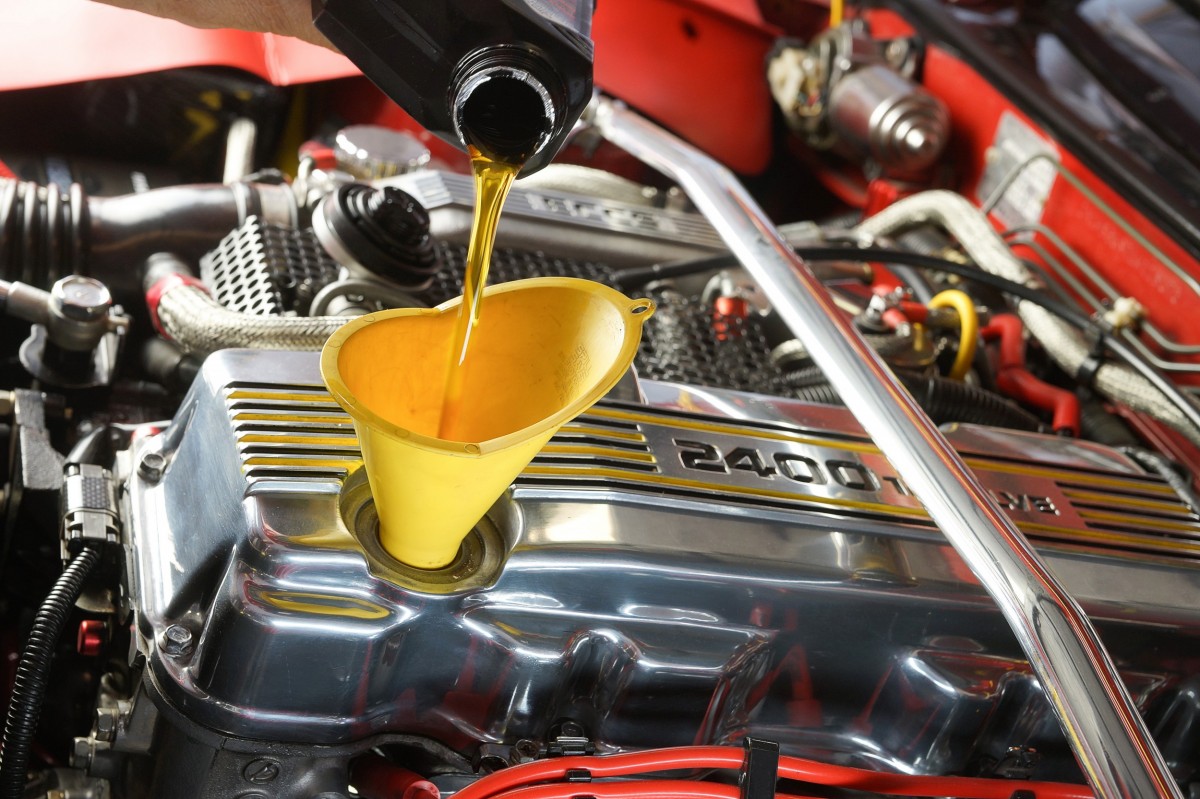
If you drive a Dodge, Chevy, or Ford diesel pickup, you know the amount of hard work your truck puts in. You may also be aware that diesels run a little dirtier than your average gas burner. At Nick's Auto Service in Anderson, IN, our goal is to keep your Duramax, Cummins, or Powerstroke truck on the road for many miles to come. A huge part of that is keeping your oil maintained.
| Weekdays: | 7:00 AM - 5:00 PM | |
| Weekends: | CLOSED |